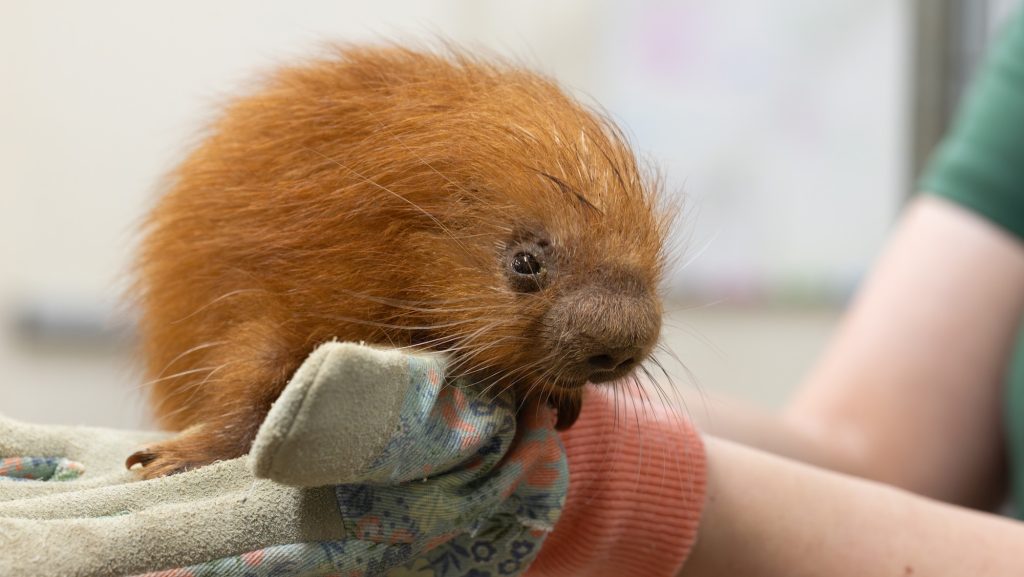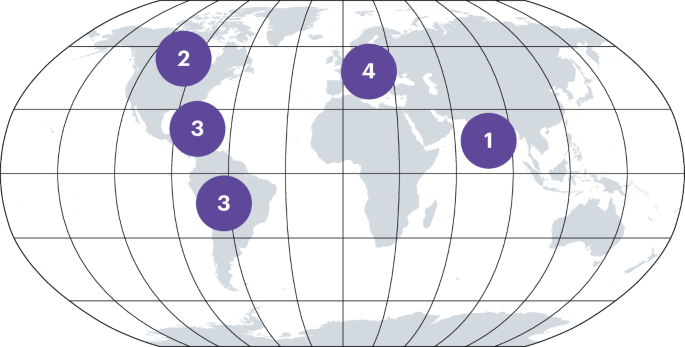- Research Highlight
- Published:
Metabolomic engineering
volume 43, page 501 (2025)Cite this article
Replacing fossil-fuel-based plastics with bio-based polymers is crucial in tackling the environmental issues caused by our heavy reliance on these materials. Microorganisms can synthesize numerous biopolymers but have not yet been reported to produce one of the most promising polymers, known as polyester amides (PEAs). In a study published in Nature Chemical Biology, Chae et al. engineer a new-to-nature metabolic pathway in Escherichia coli to biosynthesize PEAs, which might one day be used in various industrial applications.
The production of PEAs in E. coli was accomplished through a two-step synthetic pathway. First, the authors selected the broad-activity β-alanine coenzyme A (CoA) transferase from Clostridium propionicum to activate amino acids to amino acyl-CoA. This step was followed by polymerization of amino acyl-CoA by a mutant PHA synthase from Pseudomonas species, which accepts various monomers as substrates. Metabolic flux optimization resulted in the biosynthesis of two PEAs from glucose as the sole carbon source. Further engineering and optimization of the culture medium was performed to enhance production titers and amino acid fractions. The engineered bacteria converted more than 50% of dry cell weight into polymers.
This is a preview of subscription content, access via your institution
Access options
Access Nature and 54 other Nature Portfolio journals
Get Nature+, our best-value online-access subscription
24,99 € / 30 days
cancel any time
Subscribe to this journal
Receive 12 print issues and online access
195,33 € per year
only 16,28 € per issue
Buy this article
- Purchase on SpringerLink
- Instant access to full article PDF
Prices may be subject to local taxes which are calculated during checkout
Rights and permissions
About this article
Cite this article
Marchal, I. Engineered E. coli creates biodegradable plastics.
Nat Biotechnol 43, 501 (2025). https://doi.org/10.1038/s41587-025-02653-5
-
Published:
-
Issue Date:
-
DOI: https://doi.org/10.1038/s41587-025-02653-5























